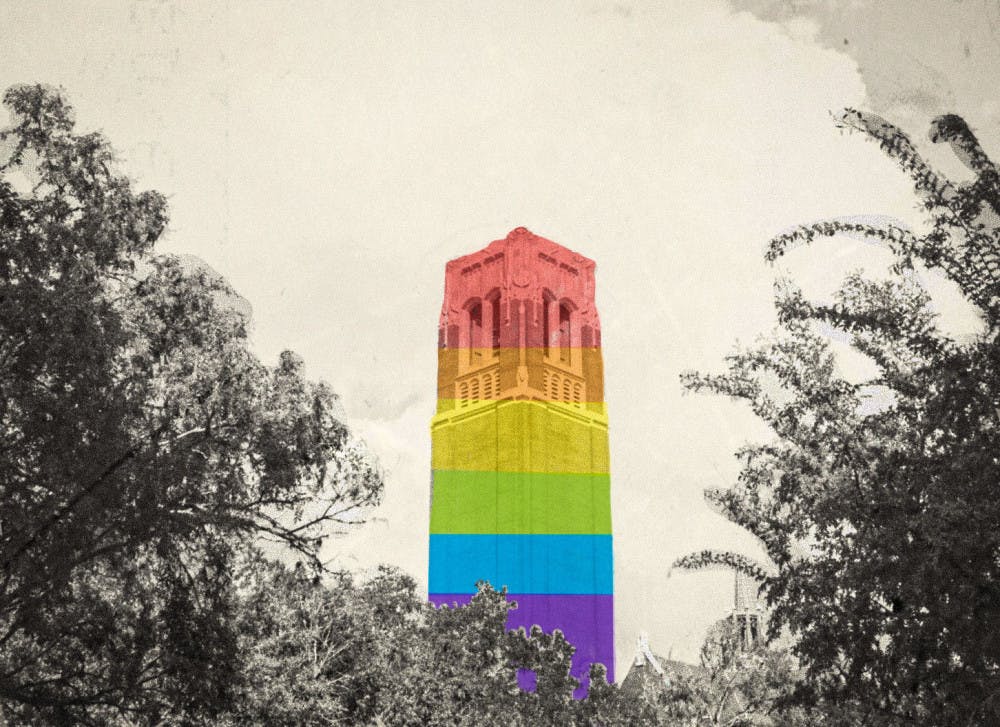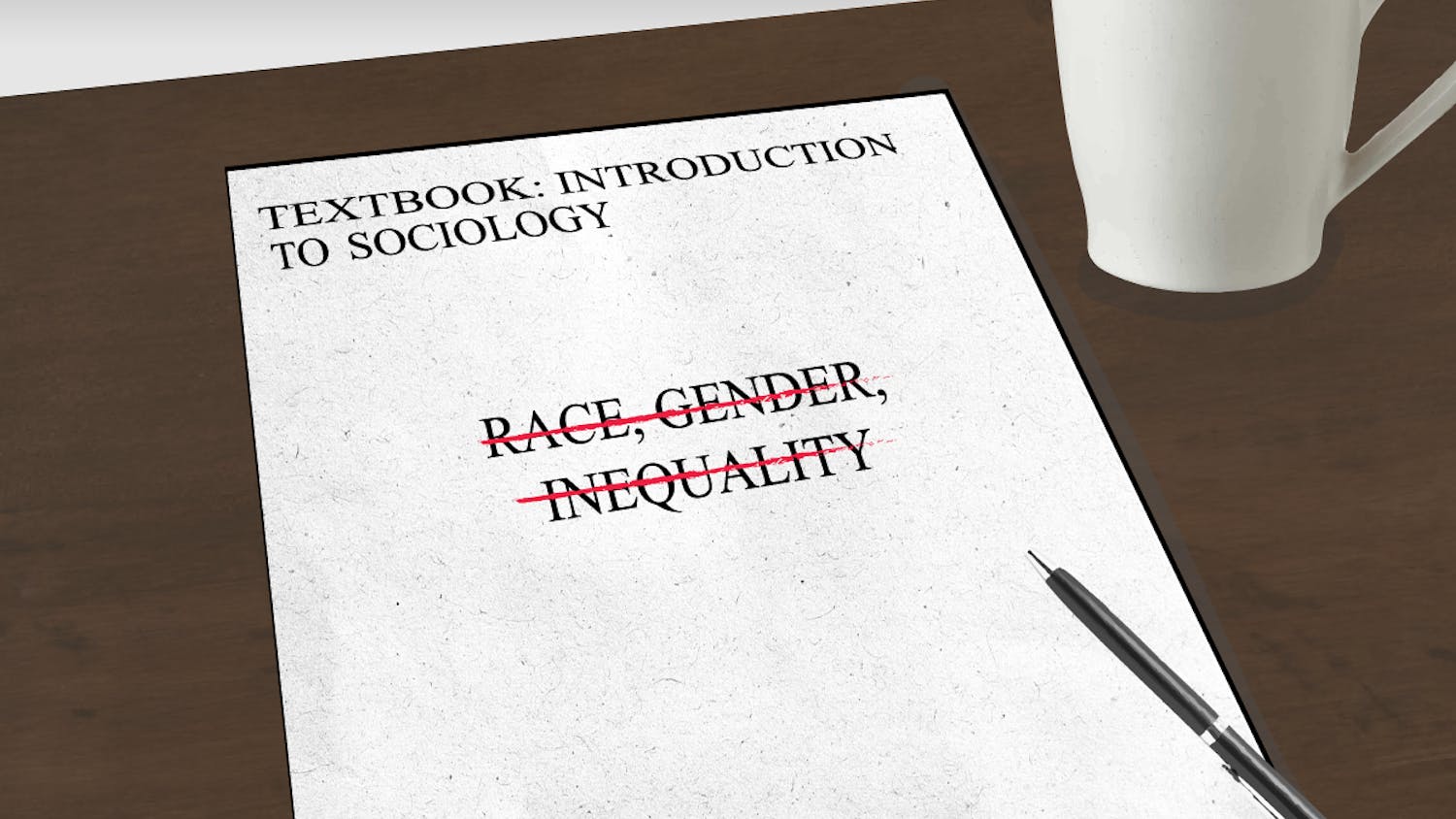
Kelli Agrawal said she felt like she didn’t belong. She was the only openly queer graduate student in her public health masters program when she came to UF in 2015.
When she got the chance to take an elective on gender and sexuality in public health, she was excited. What she ended up studying, she said, felt more insulting than anything else.
For LGBTQ+ individuals, starting somewhere new can feel less like a fresh start and more like a daunting task—including in the workplace. UF has a checkered past when it comes to homophobia and anti-LGBTQ+ sentiment, and although campus conditions have improved and 2020 has brought about important changes for LGBTQ+ rights across the nation, students and faculty at UF say the university could do better.
The Alligator spoke to four members of the UF LGBTQ+ community, who outlined steps like improving classes, building more inclusive communities and gathering data on LGBTQ+ issues, that they hope to see in the future.
The course Agrawal took focused on heteronormativie ideas, she said, and did little to address non-binary experiences. Although Agrawal was delighted by the opportunity to help rework the course curriculum to be more intersectional, she hopes UF will be proactive in implementing positive change in the future—rather than wait to be called out by students.
“At the time, non-binary experiences and identities were not discussed, even the experience of transgender folks with health care or public health was glossed over in one week,” Agrawal said.
“It was an amazing experience to have [my instructor] listen and pay attention to what it was like to go through that course as someone who identifies as queer and to just have your whole experience erased in this curriculum.”
UF has had its own non-discrimination policy that includes protection for the LGBTQ+ community, but educators like Ryan Need, a UF materials science and engineering assistant professor, said that policy alone isn’t enough.
Need, who uses ‘they/them’ pronouns, has been out as nonbinary for about a year. They came to work at UF from Washington D.C. about six months ago.
Since arriving, Need has found that UF could benefit from providing educational programs about gender identity and sexual expression. Teaching people about gender identity shouldn’t be the responsibility of those who are affected most by people’s misunderstandings or misgivings.
“We're seeing this with the Black Lives Matter movement as well: the people with privilege and power need to use that to educate themselves and change the systems that they are responsible for creating and holding the reins of power,” they said.
“How do you create programs and solutions to a problem that you can't identify?”
Clinical associate professor Oliver Grundmann first came to UF from Münster, Germany, as a graduate student in 2004. Prior to his move, he said he recalled researching Florida’s LGBTQ+ protections and wondering if he’d be safe in the state.
Although he was met with a welcoming network of people, he voiced that more could have been done to foster a sense of community on campus. Even now, Grundmann said his college, the UF College of Pharmacy, is the only college on campus with a subcommittee specifically dedicated to addressing LGBTQ+ issues.
“It would be nice if more colleges had a better group structure in place to have voices of LGBTQ folks heard in an official manner,” he said. “We have had many discussions about transgender rights in particular because transgender healthcare issues are an important topic when it comes to health care access—there are still serious healthcare inequities present among the LGBTQ community.”
Some staff and faculty members who have only been at UF for a few years say they still notice a difference in comfort across campus as it relates to LGBTQ+ identifying individuals—like Tanya Saunders, associate professor at the center for Latin American studies, who also uses ‘they/them’ pronouns.
“I've heard stories, horror stories, from faculty members in other departments, where those departments have been really resistant to issues concerning diversity,” they said. “I get the impression from students that there are very few safe spaces available on campus.”
According to Saunders, that does not apply to the center for Latin American studies. They’ve had a positive experience there.
“Anybody, especially queer students, are welcome to come hang out and be at the center,” they said.
According to Agrawal, the fight for LGBTQ+ rights and a sense of community at UF intertwines with other current fights for liberation. She said while the university community is just beginning to address and demand anti-racism in academia, people should look at UF’s history as an institution that has supported oppression for LGBTQ+ folks as well as people of color.
“Even among LGBTQ+ communities, there is a lot of racism and colorism and whitewashing of queer history,” Agrawal said. “To start with cultivating an environment in which folks of color feel supported, welcome, and have equal opportunities, is an important step for all of our futures. I think that UF has some of its own shadow work to do.”





